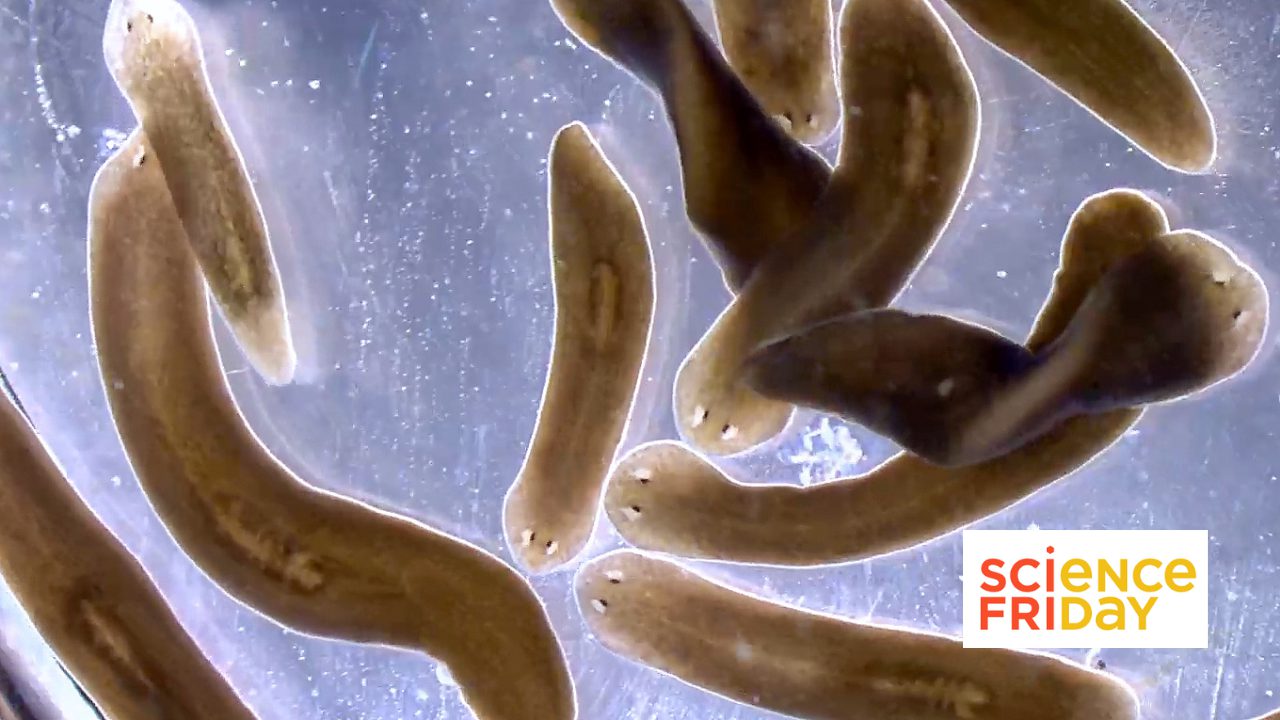In The News

07 January 2026
Investigator Kamena Kostova, named ‘Cell Scientist to Watch’
From the Journal of Cell Science, Investigator Kamena Kostova named a 'Cell Scientist to Watch'
Read Article
Investigator Ting Xie, PhD, was recently awarded a new grant by the National Eye Institute of the National Institutes of Health to study aspects of mammalian eye development and function. This highly competitive grant totals more than $1.2 million over three years.
The grant will support research on an eye structure called the ciliary body, which is important for lens function and for production of the aqueous humor, the fluid that maintains pressure in the eye. Prior studies by the Xie Lab identified a key signaling pathway involved in the formation of the ciliary body in mice. The long-term goal of this work is to gain a greater understanding of the molecular signals and mechanisms that control mammalian ciliary body development and secretion.
Xie says these research efforts may provide insight on conditions of the human eye such as anterior segment dysgenesis (ASD), a spectrum of disorders affecting eye structures including the ciliary body, iris, and cornea. About half of individuals with ASD develop glaucoma, an increase of pressure within the eye that can cause loss of vision. Understanding the signals and mechanisms underlying the pathogenesis of glaucoma and other eye ailments may help enable the development of better treatments for these conditions.
In The News

07 January 2026
From the Journal of Cell Science, Investigator Kamena Kostova named a 'Cell Scientist to Watch'
Read Article
#Stowers25: Celebrating 25 Years
06 January 2026
Alejandro Sánchez Alvarado, Ph.D., reflects on a year of discovery, gratitude, and the community that helps support our mission.
Read Article
In The News

01 January 2026
From Science Friday, President and CSO Alejandro Sánchez Alvarado talks about the science of regeneration and the biology lessons we can carry into the new year.
Read Article
